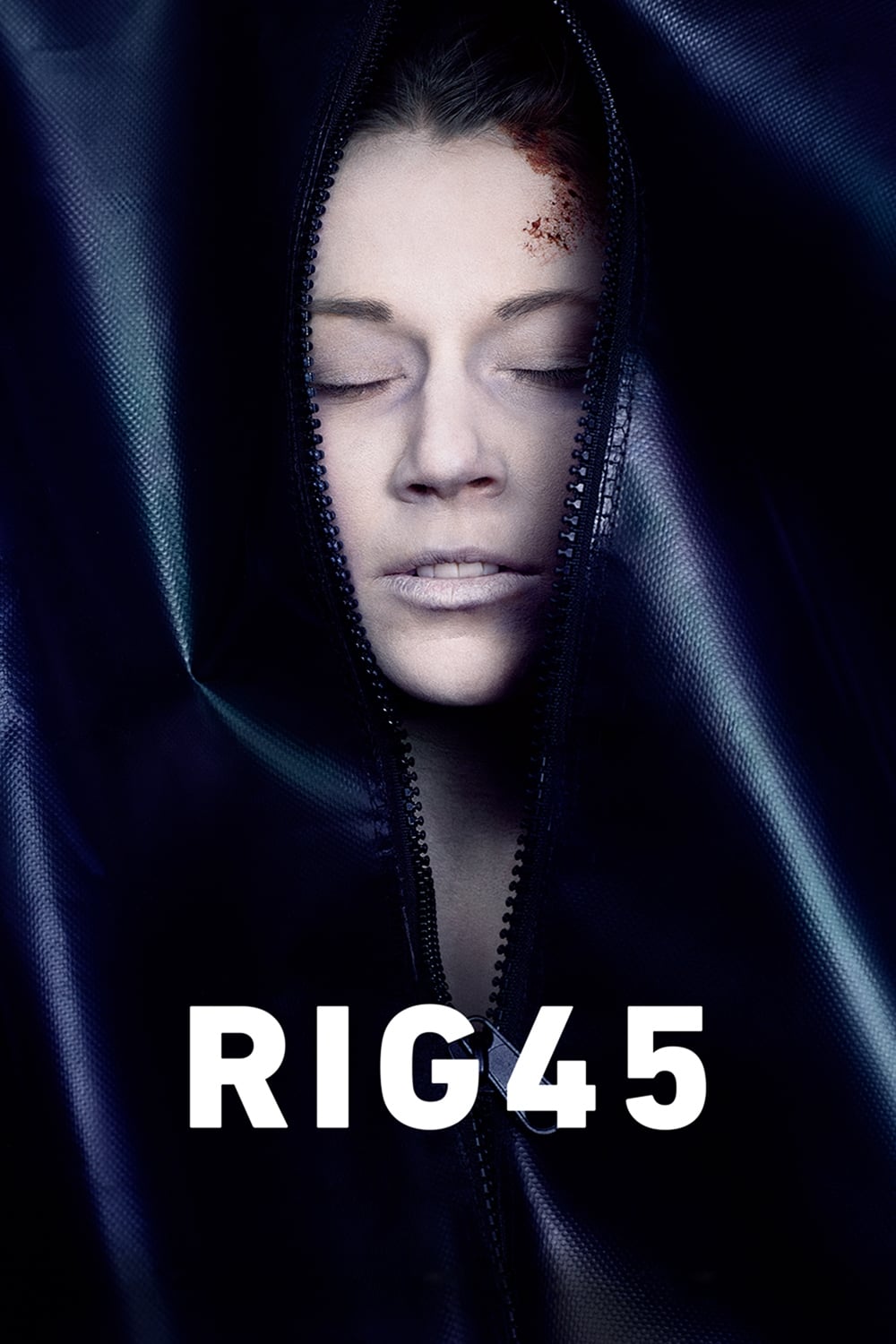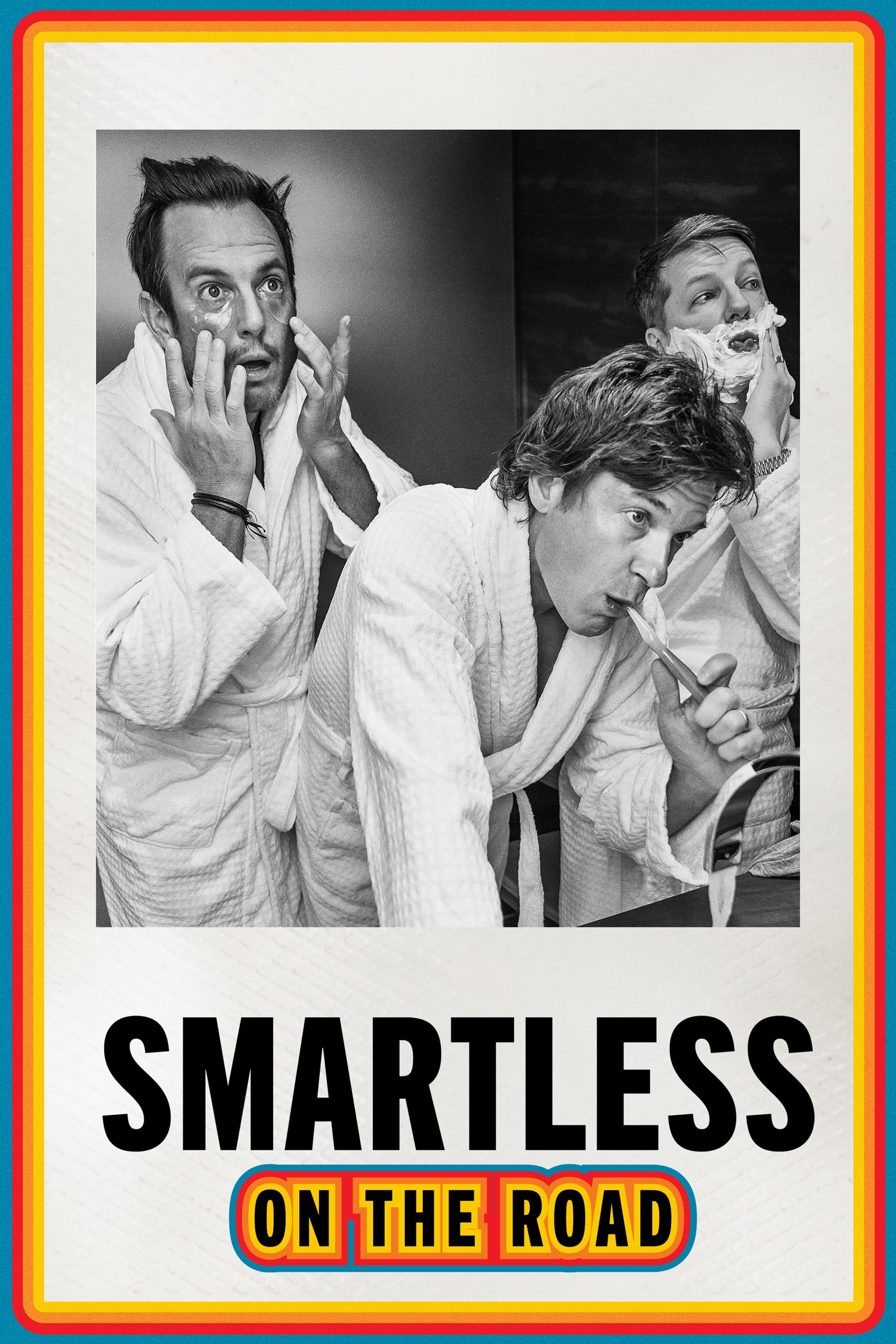
Sébastien Daucé, Ensemble Correspondances – Charpentier: Messe de Minuit – In Nativitatem Domini Canticum (2023)
FLAC (tracks) 24 bit/96 kHz | Time – 01:20:56 minutes | 1,47 GB | Genre: Classical
Studio Masters, Official Digital Download | Front Cover | © harmonia mundi
Marc-Antoine Charpentier was the French composer of the Grand Siècle who left the largestnumber of works specifically related to Christmas. Here, going beyond the famous Messe de Minuit,listeners will be all the more enchanted by his histoires sacrées (brief oratorios) and Noëls pourles instruments when they are presented by thecomposer’s most fervent advocates.
Read more![Sébastien Daucé, Ensemble Correspondances - Michel-Richard de Lalande: Grands Motets, Dies irae, Miserere, Veni creator (2022) [Official Digital Download 24bit/96kHz] Download](https://i0.wp.com/imghd.xyz/images/2022/03/05/ax3i2sz2p39pb_600.jpg?resize=500%2C500&ssl=1)
Sébastien Daucé, Ensemble Correspondances – Michel-Richard de Lalande: Grands Motets, Dies irae, Miserere, Veni creator (2022)
FLAC (tracks) 24 bit/96 kHz | Time – 01:28:42 minutes | 1,57 GB | Genre: Classical
Studio Masters, Official Digital Download | Digital Booklet, Front Cover | © harmonia mundi
For more than forty years, Lalande was the French court’s favourite composer, cultivating the most elevated and touching aspects of the spirit of the Grand Siècle. Sébastien Daucé and the Ensemble Correspondances offer us some remarkable examples of his output here: with the imposing Miserere, ample and sombre, the Dies irae and the rarely heard Veni Creator, this ‘Latin Lully’ brought the art of the grand motet to its zenith.
(more…)

Lucile Richardot, Ensemble Correspondances, Sébastien Daucé – Perpetual Night: 17th Century Airs and Songs (2018)
FLAC (tracks) 24 bit/44,1 kHz | Time – 01:12:12 minutes | 709 MB | Genre: Classical
Studio Masters, Official Digital Download | Front Cover | © harmonia mundi
The circulation of artists and sovereigns between France and England in the seventeenth century resulted in the establishment of highly original genres in the latter country: the first recitatives, large-scale airs from masques and dramatic ‘scenes’ provided fertile ground for experimentation and prepared the way for the birth of semi-opera. Sébastien Daucé explores this English vocal art in a programme tailor-made for one of today’s most fascinating voices: Lucile Richardot, in the exquisite setting provided by Correspondances, subtly blends music, love, night and melancholy.”
Read more
Ensemble Correspondances & Sébastien Daucé – Septem Verba & Membra Jesu Nostri (2021)
FLAC (tracks) 24 bit/96 kHz | Time – 02:03:17 minutes | 2,09 GB | Genre: Classical
Studio Masters, Official Digital Download | Front Cover | © harmonia mundi
Since its formation in 2008, the Ensemble Correspondances has devoted itself chiefly to French sacred music of the seventeenth century. Brought together by Sébastien Daucé during their studies at the Conservatoire National Supérieur de Musique (CNSM) de Lyon, the musicians of Correspondances pursue this work (focusing notably on Marc-Antoine Charpentier) with infectious enthusiasm today.
Read more
Ensemble Correspondances, Sébastien Daucé – Marc-Antoine Charpentier: La Descente d’Orphée aux Enfers (2017)
FLAC (tracks) 24 bit/44,1 kHz | Time – 54:50 minutes | 543 MB | Genre: Classical
Studio Masters, Official Digital Download | Front Cover | © harmonia mundi
Marc-Antoine Charpentier always had an ambiguous relationship with opera. While living in Rome in the late 1660s he had a chance to familiarise himself with this fast-expanding vocal genre. When he returned to Paris, some time around 1670, he was able to witness the creation of the Académie Royale de Musique, followed by the birth of the tragédie en musique, that typically French genre elaborated by Jean-Baptiste Lully over a lengthy period. Although his functions with his new patrons, particularly the Jesuits and the Grand Dauphin, tended to push him in the direction of sacred music, Charpentier was often tempted to write operatic works. Unfortunately, like all his contemporaries, he came up against the hegemony of the jealous Lully, who ensured the doors of the Opéra remained closed to him. It was not until 1693, six years after the Lully’s death, that he finally gained access to that institution; his only tragédie en musique, Médée, was a failure – deemed too dense, too learned. Yet Charpentier’s attraction for musical theatre may be observed throughout his career, in the numerous scores of incidental music, his two biblical tragedies intended for the Jesuit colleges, and above all the divertissements. Charpentier’s divertissements are on a small scale (a few scenes or else short one-act pieces) and conceived for relatively modest forces. Their inspiration is mythological, allegorical or heroic; they mingle light-hearted and dramatic elements. In all these respects, they owe a great deal to the genre of the pastorale en musique, the earliest specimens of which contributed to the rise of French opera. Alongside his motets and histoires sacrées in Latin intended for the devotions of the princess, Charpentier invented for her more secular recreations, small vocal forms sung in French, genuine miniature operas tailor-made for the little company of musicians she maintained at her Parisian town house.
Read more
Ensemble Correspondances, Sébastien Daucé – Du Mont: O Mysterium (Motets, Elévations pour Louis XIV) (2016)
FLAC (tracks) 24 bit/88,2 kHz | Time – 01:11:16 minutes | 1,20 GB | Genre: Classical
Studio Masters, Official Digital Download | Front Cover | © harmonia mundi
Cultivated at the height of the French baroque, Henry Du Mont’s Grands Motets were written for the court of Louis XIV and published posthumously in 1684. Alongside Lully, Du Mont is credited as the creator of the form – an opulent style of church composition for soloists and choir. On O Mysterium, Sebastien Dauce leads the Ensemble Correspondances in a program of Du Mont ‘s Motets & Elevations pour la Chapelle de Louis XIV.
For 20 years (from 1663 to 1683) Henry Du Mont directed the music of the Sun King’s chapel. For the daily Mass there he built up a new repertory consisting of motets for full chorus and more intimate pieces for solo voices. The former aimed to transpose to the context of ‘ordinary’ the format of the large-scale works conceived for extraordinary ceremonies. Sébastien Daucé presents an innovative approach to these grands motets, that at once links specific musical features with historical data, for each of which he adopts a specific instrumental scoring.

Ensemble Correspondances, Sébastien Daucé – Etienne Moulinié: Meslanges pour la Chapelle d’un Prince (2014)
FLAC (tracks) 24 bit/88,2 kHz | Time – 01:06:00 minutes | 1,13 GB | Genre: Classical
Studio Masters, Official Digital Download | Front Cover | © harmonia mundi
For more than 30 years, the career of composer Étienne Moulinié was inseparably linked with the patronage of Gaston d’Orléans (1608-60), brother of Louis XIII. Moulinié provided the music for the prince’s family from 1627 to 1660, leaving a varied and original oeuvre. Although his secular music is well known, his sacred output, most of it contained in a collection published in 1658 from which this recording presents some of the finest pieces, is still neglected, despite its great beauty, its individuality, and its importance for the development of mid 17th-century French music.
Despite several announcements, Moulinié was never to carry out his intention of publishing further volumes, probably hindered from doing so by the death of his patron in 1660. ‘The Mélanges de sujets chrétiens’ (Anthology of Christian subjects, canticles, litanies, and motets, set to music in two, three, four, and five parts, with a figured bass) is therefore all the more precious in the insight it gives into the music of one of the most original composers of the Grand Siècle at the height of his artistry.
Excellent booklet note by Thomas Leconte of the Centre de Musique Baroque de Versailles.
Read more
Ensemble Correspondances, Sébastien Daucé – Charpentier: Litanies de la Vierge, Motets pour la maison de Guise (2014)
FLAC (tracks) 24 bit/88,2 kHz | Time – 01:00:30 minutes | 1,01 GB | Genre: Classical
Studio Masters, Official Digital Download | Front Cover | © harmonia mundi
The harmonia mundi label, once well known for specializing in the French Baroque repertoire, makes a welcome and triumphant return to this treasure trove of musical delights. For their first release on harmonia mundi, Sébastien Daucé and the Ensemble Correspondances present a sumptuous interpretation of the six-voice motets composed by Marc-Antoine Charpentier for the House of Guise. These works, which include the Litanies de la Vierge and the Miserere, are masterworks that exemplify Charpentier’s influence on the music of the Grand Siècle. The creative genius and intense fervor of this deeply spiritual music display the blend of French and Italian flavors that were his hallmark.
Read more
Ensemble Correspondances & Sébastien Daucé – Charpentier: Histoires sacrées (2016)
FLAC (tracks) 24 bit/88,2 kHz | Time – 02:40:48 minutes | 2,69 GB | Genre: Classical
Studio Masters, Official Digital Download | Front Cover | © harmonia mundi
Sébastien Daucé and the Ensemble Correspondances have carefully extracted from this outstanding corpus a number of gems that reflect both his experience in Rome (probably studying with Carissimi, the master of the oratorio) and the humanist concerns of an entire period. Like a miniature opera, each piece relates an exemplary destiny, including several strong-willed women (Judith, Cecilia, Mary Magdalene) and a deep friendship put to the test (Mors Saülis and Jonathæ).
Read more
Ensemble Correspondances & Sébastien Daucé – Ballet Royal de la Nuit (2015)
FLAC (tracks) 24 bit/96 kHz | Time – 03:04:48 minutes | 3,46 GB | Genre: Classical
Studio Masters, Official Digital Download | Front Cover | © harmonia mundi
The famous Ballet Royal de la Nuit, danced on by Louis XIV when he was fifteen years old, was performed at the Louvre in 1653 over seven evenings. It was a complete success: Mazarin, back from exile after the Fronde, wanted to make an impact with this ballet he had conducted himself: the goal was to impose respect for the aristocracy, impress Parisians, and spread the royal message through the ambassadors. Without a doubt, the Ballet Royal de la Nuit was one of the most striking spectacles of Louis XIV’s reign, on many levels: politically, institutionally, aesthetically, and musically. For the first time, a score had been built around four parts and a final ballet with everything working towards the same objective: staging a sunrise. The King himself danced, as well as his brother and several Dukes. Characters, scenes, decors and costumes perfectly encapsulate the Great Century. Each verse alternates between whimsical, serious, comic, burlesque, mythological, and Romanesque. As previously mentioned the objective is to impose a royal figure above all others, whilst creating a never seen proximity between the monarch and his subjects. With each part, ladies of the court, hunters, gods, bandits, cripples, soldiers, Egyptians, etc. coexist freely. The show highlights everything that goes on at night, when the good people are asleep. The message is clear: ”The Sun that follows me is the young Louis!”, and yet, after 1653, the Ballet Royal de la Nuit was never performed again. On top of this, the ballets partition – authored by several composers as it was a collective work – was lost with the exception of the first violin part, copied by Philidor a few decades later. However, the vocal music was retrieved, as well as the score. The work had to be pieced back together, a colossal task: this is a “pastiche” in the historic meaning of the word, but fantastically convincing. The excellent accompanying booklet for this wonderful recording by Sébastien Daucé and his Correspondances Ensemble cites all the sources that were used for the reconstitution.
Read more
Ensemble Correspondances & Sébastien Daucé – Locke: Psyche (2022)
FLAC (tracks) 24 bit/96 kHz | Time – 01:47:37 minutes | 1,91 GB | Genre: Classical, Opera
Studio Masters, Official Digital Download | Front Cover | © harmonia mundi
Inspired by the Psyché created collectively by Lully, Molière, Corneille and Quinault, Locke’s Psyche was a veritable artistic firework display: seeking to vie in splendour with the operas of continental Europe, it luxuriously combined theatre, song, dance, and spectacular machines and scenery. Sébastien Daucé here offers us his splendid reconstruction of this key masterpiece in the history of early English opera.
Read more

























